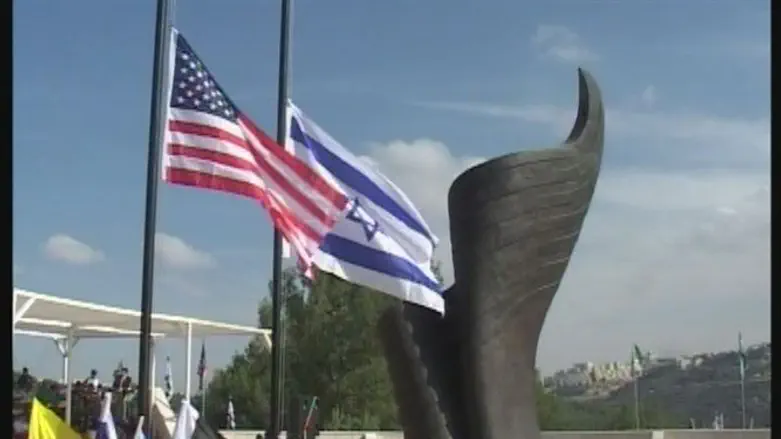
The writer has asked to remain anonymous.
Everyone has their 9/11 remembrances and that is fine. Understand just how rapidly it is receding into the unremembered past: the number of Americans with no real memory of it approaches one-third, and the number of Americans with no adult memory of it creeps toward half.
With the forgetting comes the loss of emotive content. It is a mixed blessing. On the one hand, the falling-away of emotion means we lose the felt sense of the only silver lining of the whole blood-soaked affair: the flowering of patriotism in the immediate thereafter. Those of us who lived through the bright autumn of 2001 witnessed the last mass expression of a common American patriotism of the twenty-first century. No moment like it has come since, and it is unlikely to reappear. If in this vein we are the people we were two decades ago, the evidence has yet to present itself.
That said, we should not over-valorize the people we were two decades past, either. The best of us rushed into burning towers in September or descended upon Afghanistan in October. The rest of us watched in stupefaction or satisfaction, or perhaps both. That goes even for direct witnesses of the great massacre, including me. We spectated. It was not two years later that the phrase emerged, not from Afghanistan but Iraq, that in the post-9/11 era only the American military was at war: the American people were at the mall.
This is the other side of the emotive forgetting: we may begin, after two decades, to assess ourselves honestly. We may begin to acknowledge that the surpassing quality of American strategic leadership has been an admixture of arrogance and incompetence, fully in view by the close of 2001 to anyone who cared to look.
We may acknowledge that one of the major strategic goals of Al Qaeda, the enmeshing of the United States in draining “crusades” in the Islamic world, was fully achieved — and in this particular sense they won the Battle of 9/11.
We may acknowledge that we never, once, took on our real enemy in south-central Asia, the Pakistani apparatus.
We may acknowledge that the purported strategic benefits of the Iraq invasion proved entirely illusory: and that the original rationale for it was, to be exceptionally charitable, pretextual.
We may acknowledge that the entire United States armed forces is in quiet crisis after two decades of post-9/11 war, having missed a generation of weaponry and systems, and mired in a recruiting crisis with no foreseeable end.
We may acknowledge that the breadth and depth of our errors is survivable only by a nation of extraordinary wealth — and that we’ve spent a lot more of it than we admit.
We may acknowledge that the real coda to 9/11 is imminent. Everyone knows now that we have been negotiating with the Taliban for some time. It is nearly certain that we will exit Afghanistan in the near future, with the Vietnam model fully in mind. A decent interval will ensue. And then, soon, the Taliban will win. The Islamic Emirate will enter Kabul, raise its black flag, and resume the project we interrupted in October 2001.
Forgetting is a choice. We’ve made it. But understand: we made it a long time ago.